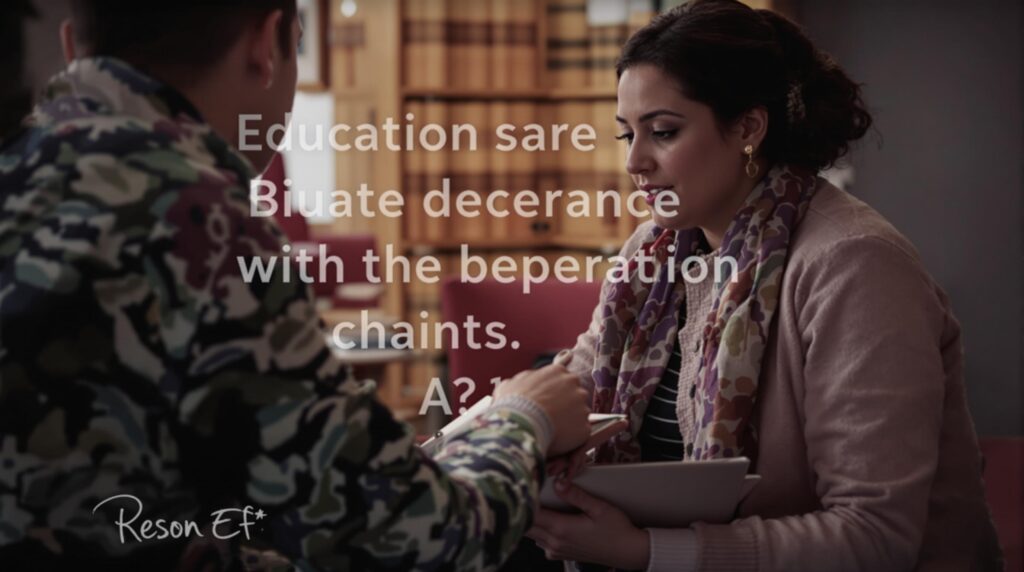Charity gambling initiatives across the United States and beyond have created a significant funding pipeline for educational institutions at all levels. Through strategic allocation of gaming taxes and revenues, schools can access grants that support everything from problem gambling prevention to innovative STEM education programs and esports development.
Key Takeaways
- Michigan’s School Aid Fund received $501.4 million in 2024 from gaming taxes, demonstrating the substantial financial impact of charity gambling on education
- The National Council on Problem Gambling has invested over $1 million since 2022 through Agility Grants for prevention programs
- Esports programs funded by gaming revenue create accessible STEM pathways for underserved students
- College students have double the problem gambling rate compared to adults, making campus prevention initiatives crucial
- Schools can access both state-level gaming funds and national grants by developing targeted programs with measurable outcomes
The Multi-Million Dollar Pipeline: How Gaming Revenue Funds Education
Across North America, charity gambling has created a sustainable funding model for educational initiatives. Michigan’s School Aid Fund received an impressive $501.4 million in 2024 from gaming taxes, with $388.48 million coming specifically from online gaming. This reliable revenue stream creates stability for school budgets that might otherwise face cuts during economic downturns.
Pennsylvania has taken a prevention-focused approach, allocating $8.3 million in 2022–23 to problem gambling education and treatment, with nearly half directed to prevention programs. Meanwhile, Indiana schools raised $475 million in 2023 through charity bingo and poker tournaments, highlighting how direct fundraising through gaming events can supplement traditional funding channels.
Outside the U.S., British Columbia’s Community Gaming Grants funded 5,000 organizations in 2023, with grants averaging $25,000 per recipient. These funds support everything from Parent Advisory Committees to youth sports and STEM initiatives, demonstrating the broad educational impact of charity gambling revenues.

Educational Grant Opportunities: From Prevention to Esports
The National Council on Problem Gambling (NCPG) Agility Grants program represents one of the most accessible funding pathways for schools. In 2024, eight organizations received a total of $320,000 through this initiative. Towson University secured $40,000 for their “Tigers Play Responsibly” program, which reached 21,000 students through a combination of workshops, orientation events, and peer leadership training.
Maryland’s Prevention Grants offer up to $10,000 for youth-focused programs, including peer-led workshops and curriculum development. These grants require partnerships with local nonprofits to maximize community impact and ensure program sustainability beyond the initial funding period.
Corporate partnerships have significantly expanded the grant landscape. The NFL Foundation has contributed multi-year funding to NCPG initiatives, while gaming companies like FanDuel and PlayTech have created dedicated educational grant programs. These partnerships help bridge gaps between industry resources and educational needs, particularly for prevention-focused programming.
Campus Impact: How Universities Are Using Gaming Grants
The University of Michigan has implemented campus-wide campaigns targeting high-risk students through wellness site resources and workshops. Similarly, Towson University’s program reduced risky gambling behaviors through leadership training and digital campaigns that reach students where they spend time online.
These initiatives address a critical need: 75% of U.S. college students gambled in 2022, with 6% classified as problem gamblers—a rate double that of the general adult population. This statistic from the National Council on Problem Gambling highlights why campus prevention efforts receive priority funding.
For universities seeking gaming-funded grants, alignment with funders’ goals is essential. NCPG particularly values collaborations between universities and community health providers, while the UK’s Gambling Education Framework (developed by GamCare and YGAM) focuses on training educators to address risks during orientation weeks when students are most vulnerable to developing problematic behaviors.
K-12 Schools: Funding Opportunities and Program Development
Elementary and secondary schools can access multiple federal funding streams that align with gaming-based education initiatives. Esports programs qualify for Title I–IV funds, IDEA grants, and ESSER allocations by promoting STEM skills, inclusivity, and digital literacy among students of all backgrounds.
Title IV funds under the ESSA Act support “well-rounded education” via platforms like Gameplan’s Unreal Engine courses, which teach coding and game design fundamentals. Maryland’s “Smart Choices” curriculum represents another success story, reducing youth gambling participation through interactive addiction science sessions.
Schools can also apply directly for state gaming funds. Pennsylvania maintains a minimum annual allocation of $2 million for education programs, while British Columbia funds Parent Advisory Committees to host gaming-awareness workshops using $20-per-student allocations. These targeted funds help schools address gambling literacy without diverting resources from core educational needs.
Esports and STEM: Building Career Pathways Through Gaming
Esports programs funded by charity gambling revenue are bridging equity gaps by engaging underserved students in low-cost, skill-based activities. Title III funds, earmarked for multilingual learners, support games like Minecraft Education to enhance language acquisition while building technical skills.
The University of Michigan leverages gaming revenue to subsidize esports labs, creating direct pathways to tech careers for students who might not otherwise have access to advanced computing resources. These institutional programs emphasize digital literacy, inclusivity, and STEM skills development beyond just competitive gaming.
PlayTech has taken this concept further by funding rural esports labs specifically designed to expand access to technology education in underserved communities. These initiatives demonstrate how charity gambling can address educational disparities by directing funds toward high-need areas.
The Psychology of Gaming and Charitable Behavior
Research from Claremont Colleges found that prosocial games like Lemmings increased charitable donations by 15% among student participants. This experiment demonstrates how the behavioral impact of gaming can be channeled into positive social outcomes.
Camp Kesem’s 2023 study used gaming scenarios to teach decision-making skills, resulting in 22% higher donation rates. This research suggests that well-designed gaming experiences can actually promote charitable giving rather than just consuming resources.
Prevention programs combat rising online gambling accessibility through interactive learning modules that help students understand probability, risk assessment, and addiction science. The connection between gaming literacy and responsible decision-making is increasingly supported by research, making these educational initiatives valuable investments for both schools and funding agencies.
Creating Sustainable Education Programs Through Gaming Revenue
Schools looking to develop sustainable programs should consider partnering with established nonprofits like YGAM to train staff in gambling harm prevention. These partnerships provide access to curriculum resources, professional development, and ongoing support beyond initial grant funding.
Michigan’s K-12 system benefits directly from iGaming taxes through structured allocation, creating a model that other states could adopt. Future initiatives might merge esports leagues with responsible gambling modules, replicating successful programs like the UK’s £10 million youth program that combines education and prevention.
Sustainability requires diversifying revenue streams beyond one-time grants. Schools in Indiana have demonstrated this by hosting charity gambling events like bingo and poker tournaments, generating $475 million in 2023. This approach allows schools to directly benefit from charity gambling while also teaching students about responsible gaming practices.
Applying for Gaming-Funded Grants: A Step-by-Step Guide
Successful grant applications require partnerships with local nonprofits to maximize reach and impact. Programs like Towson’s “Tigers Play Responsibly” emphasize peer leadership and digital campaigns that demonstrate both innovation and measurable outcomes—two key criteria for funding approval.
Schools should first identify state-level gaming funds with educational allocations, then research national opportunities like NCPG’s Agility Grants. Application strategies should emphasize measurable outcomes and innovation rather than simply continuing existing programs with new funding.
Corporate partnerships with gaming companies and sports leagues offer additional funding pathways. These partnerships often prioritize programs that combine prevention with skill development, such as esports initiatives that incorporate responsible gambling education alongside competitive gaming and STEM skills.
Sources
towson.edu – TU Wins Grant for Gambling Prevention
gameplan.com – A Comprehensive Guide to Grants and Funds for Esports Programs
pa.gov – 2023 Problem Gambling Annual Report
mdproblemgambling.com – Prevention Grants
gamcare.org.uk – Gambling Education Framework: Delivering Effective Gambling Education
gov.bc.ca – Standard Community Gaming Grants Presentation
michigan.gov – 2024 Impact and Revenue Contributions to State



